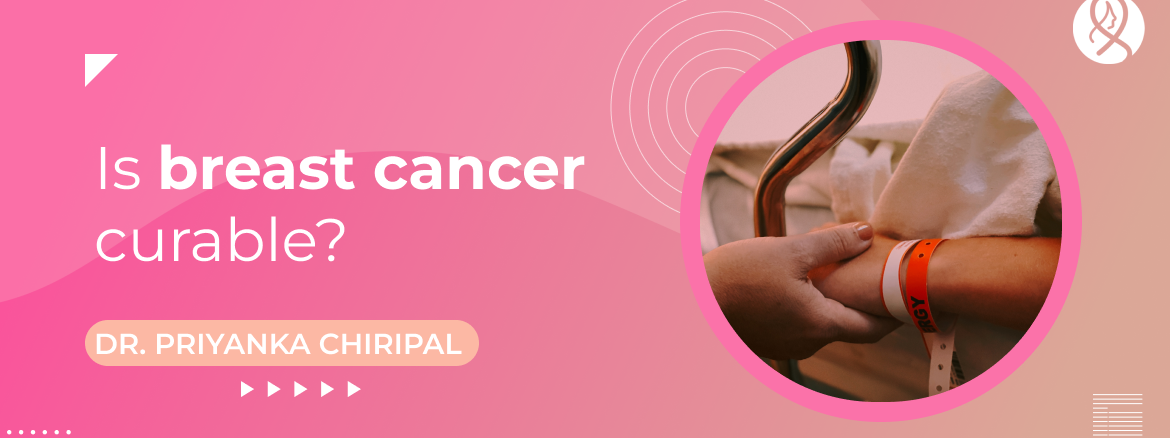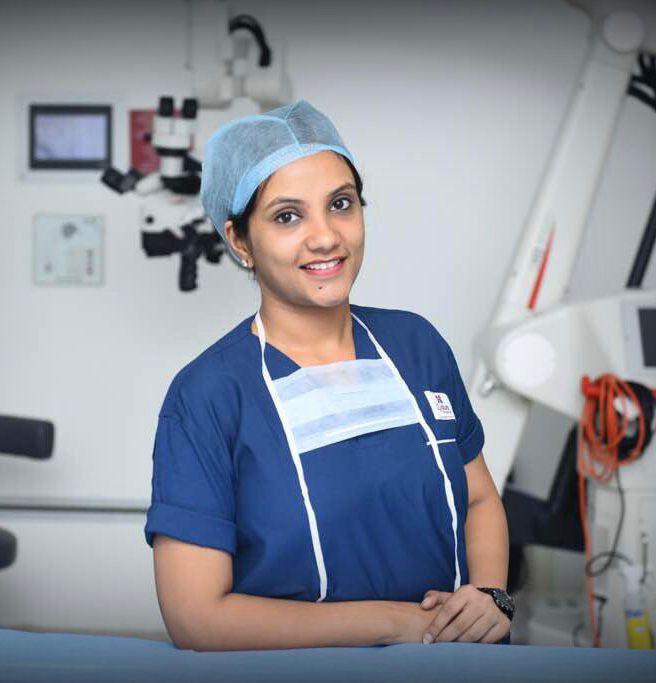Breast cancer, a complex and often daunting disease, has long been a topic of concern and curiosity. Its impact on countless lives has fueled relentless research and innovation in the quest for a cure. In this blog, we embark on an informative journey, exploring the question on everyone’s mind: Is breast cancer curable? By examining the various types of breast cancers, the stages at which it is diagnosed, and the evolving landscape of treatment options, we aim to shed light on the progress made and the possibilities that lie ahead in the battle against breast cancer.
Understanding the Types of Breast Cancers
Breast cancer is not a single entity but rather a collection of diverse diseases, each with its own characteristics and treatment considerations. There are different types of breast cancers, including ductal carcinoma in situ (DCIS), invasive ductal carcinoma (IDC), invasive lobular carcinoma (ILC), and less common subtypes. By understanding the nuances of each type, we can appreciate the varying prognosis, treatment approaches, and the potential for a cure in specific contexts. This knowledge highlights the importance of accurate diagnosis and tailored treatment plans.
Unveiling the Stages of Breast Cancer
Breast cancer is classified into stages based on the size of the tumor, lymph node involvement, and whether it has spread to distant sites. We unravel the staging system, ranging from Stage 0 to Stage IV, which helps guide treatment decisions and predict outcomes. Understanding the stages of breast cancer is crucial in assessing the curability of the disease. We emphasize the significance of early detection through screenings and self-examinations, as timely interventions can increase the chances of successful treatment and long-term survival.
Evolving Treatment Options
The field of breast cancer treatment has witnessed remarkable advancements, offering hope to patients and their families. There are multidimensional aspects of treatment, including surgery, radiation therapy, chemotherapy, targeted therapies, and immunotherapy. By connecting the dots between the types of breast cancers and their corresponding treatment options, we can highlight the importance of personalized and comprehensive approaches.
The Importance of Choosing the Right Breast Cancer Surgeon
When it comes to breast cancer treatment, choosing the right surgeon is crucial for a successful outcome. The expertise and experience of a breast cancer surgeon can make a significant difference in the recovery process. A skilled surgeon can perform the procedure with minimal scarring and ensure a faster recovery, reducing the risk of complications.
Early detection is also critical for the effective treatment and cure of breast cancer. Regular screening through mammograms, clinical breast exams, and self-exams can detect the disease in its early stages, allowing for prompt treatment and increasing the chances of a successful recovery. Therefore, it’s essential to prioritize regular breast cancer screenings and choose the right surgeon for the best possible outcome.
Conclusion
In conclusion, breast cancer is a serious condition that has to be treated promptly. Even while it can be a difficult and terrifying experience, it’s important to keep in mind that breast cancer is quite treatable, especially when found in its early stages. Many breast cancer patients can be completely cured and go on to lead healthy, productive lives with the help of surgery, radiation therapy, and chemotherapy. Even after a successful course of treatment, it’s crucial to maintain routine screenings and examinations to make sure that any potential recurrence is caught early. Women can successfully manage breast cancer and regain control over their health and wellbeing by remaining informed, being proactive, and seeking appropriate medical care.



